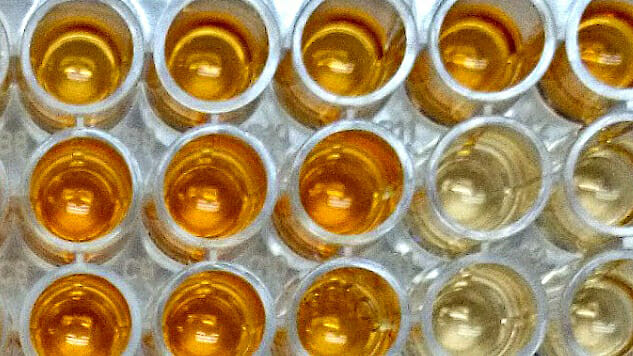
Programs that emphasize science, technology, engineering and math (STEM) strengthen our communities. It is a process that creates informed citizens who don’t fall prey easily to false news stories or pandering governmental candidates. An informed voter base can think for themselves to elect the right people who will build a better country.
Science is a verb. It is a way of thinking and being. It helps people challenge their inherent biases that can lead to disunity and hate. It builds resilient adults that don’t give up when they come across a challenge. Getting kids involved while they’re young stimulates creative and critical thinking whether or not they later pursue a STEM career.
Everywhere you look, people are plugged into technology and assimilating information. Information is bombarding us all the time. Critical thinking is a skill that can be taught using the scientific method.
Why does STEM education make a difference?
It can lead to independent, contributing, intelligent adults.
The scientific method teaches us to ask questions and challenge them: Does this [insert news headline here] have biases? Is the reporting accurate? How can I get Internet access and heat to my house or apartment? When do I need to do my taxes? How do I get health insurance?
An adult educated in the scientific method can navigate adult life without too much stress. An independent adult knows who to ask for help. An independent adult doesn’t depend on others to provide all of their needs.
It leads to creative adults.
Everyone is different. One way doesn’t work for everybody. STEM education teaches that there is more than one way to get an answer to your problem. Designing an experiment to answer your questions demonstrates creative thinking. Not all of us design an experiment the same way. Our skills and passions often lead us to the answer we’re seeking.
It betters our communities.
We don’t like to be afraid. When confronting something that we are unfamiliar with, we often lash out and divide ourselves by associating with those who agree and distancing ourselves from those who don’t. Science encourages curiosity, which in turn encourages learning. The more we learn about other people, places, and things, the more we can fight off the anger and hatred that are fueled by ignorance.
How do we get kids involved in science?
Encourage hands-on learning.
Kids learn by playing, especially when they are young. Activities such as making crystals, potato batteries, and baking powder and vinegar volcanoes can spark that curiosity and enthusiasm for science. They don’t have to know all the details and scientific principles behind the experiments just yet, but making science fun by getting kids directly involved can create excitement for learning that grows with time.
Encourage reading.
Reading is the way to travel and learn without leaving the house. Even fictional books—including picture books—have elements of truth (and science) in the story lines. Reading expands vocabularies and enhances spelling. It teaches context of situations.
Encourage playing outside.
Everything was still, all eyes riveted to the front of the room. A hissing of gas and … POP! A single drop of water landed on the carpet at the teacher’s feet. The student looked back at me and grinned. “Hey! It worked this time.”
Tanoya Poulsen is a young scientist, science writer, and avid reader based in Salt Lake City, Utah.